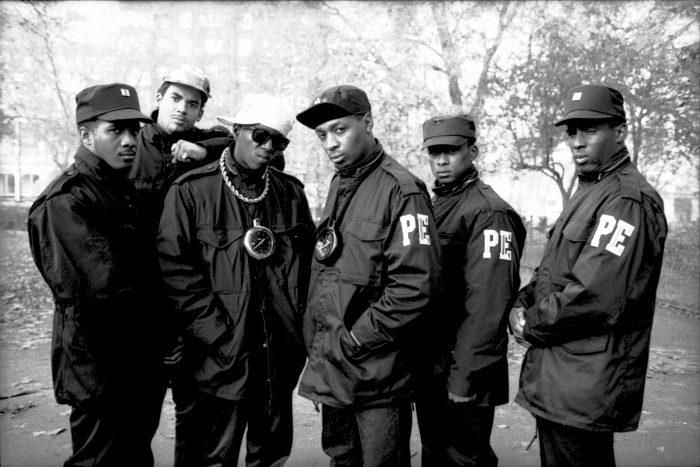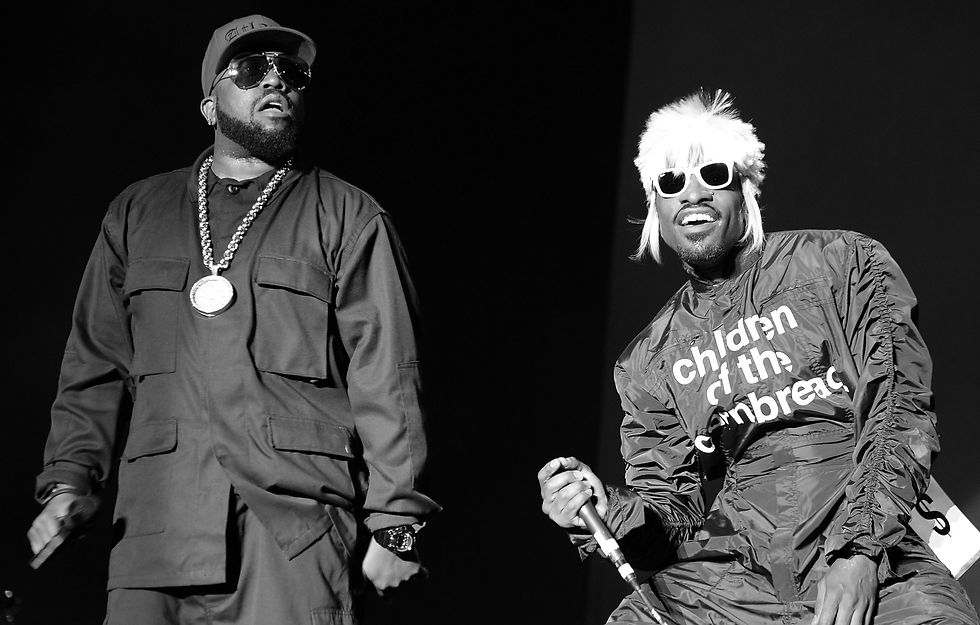The Role of Hip-Hop in Activism and Social Justice Movements: An Examination of the Ways Hip-Hop Art
- hiphopappreciationsociety
- Feb 13, 2023
- 2 min read
Hip-hop has always been a genre of music that is not afraid to tackle the tough issues. From its early days in the South Bronx, MCs used their lyrics to address the struggles, triumphs, and hopes of African American and Latinx communities, creating a powerful form of political and cultural resistance. In recent years, hip-hop artists have continued to use their platform to speak out on social and political issues, and have become a powerful force for activism and social justice.
One of the ways in which hip-hop artists have used their platform for activism is through their lyrics. In songs like Kendrick Lamar's "Alright" and Public Enemy's "Fight the Power," artists have used their music to address issues like police brutality, poverty, and racism, and to inspire their listeners to take action. These songs have become anthems for social justice movements, and have helped to raise awareness and mobilize communities to fight for change.
Another way that hip-hop artists have used their platform for activism is through their activism outside of their music. Many hip-hop artists have become involved in various social justice causes and have used their fame and influence to raise awareness and bring attention to important issues. For example, J. Cole has been an outspoken advocate for education reform and has used his platform to raise money and resources for schools in underserved communities.
Hip-hop has also played a role in social justice movements by serving as a cultural touchstone. Whether it's through its music, dance, or fashion, hip-hop creates a sense of community and belonging and promotes unity and understanding. In times of social upheaval, hip-hop has provided a rallying point for people to come together, share their experiences, and fight for change.
Finally, hip-hop has helped to empower young people and give them a voice in activism and social justice movements. Through its lyrics, hip-hop encourages young people to engage with language and express themselves creatively, and has been used as a tool to teach reading, writing, and critical thinking skills. Hip-hop has also given young people a sense of agency and the confidence to speak out on the issues that matter to them, and has helped to create a new generation of activists and social justice leaders.
In conclusion, the role of hip-hop in activism and social justice movements is clear. Whether it's through its lyrics, activism outside of music, its cultural impact, or its empowerment of young people, hip-hop has been a powerful force for change and has helped to advance the causes of social and political justice. As hip-hop continues to evolve, it will no doubt continue to play a vital role in activism and social justice for years to come.







Comments